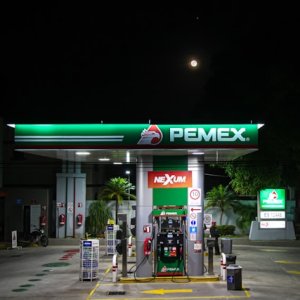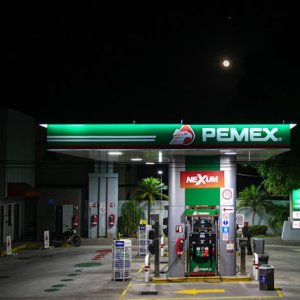Mature Retail Fuel Market Is the Goal

STORY INLINE POST
Q: What is driving demand for regulatory compliance services in the retail fuel sector?
A: The increase in demand started after the enactment of the Energy Reform. Service station managers were used to a system that depended almost entirely on PEMEX, and this made things simple to some extent. The Energy Reform created a new environment in which regulatory compliance meant meeting the requirements of several institutions, so the services offered by companies such as ours became a much more important part of the sector. Operational safety and environmental procedures became much more important. Prior to the Energy Reform, we were equipment suppliers, so we had previous relationships with major companies in this segment. After the Energy Reform, our regulatory compliance services became the main part of our portfolio and our value proposition.
The retail fuel sector has grown in recent years and the large number of new companies interested in entering this sector for the first time has led to an increase in the demand for our services in an integrated and efficient form. This has led us to develop a new product that we call an Integrated Service Policy, which is a package comprising all the annual regulatory compliance services that a new service station needs, including scheduling and format management. This service has proven successful with our clients because it fulfills the main objective of getting as much pressure as possible off their operations and their managers. The retail fuel sector has a great many opportunities but it is also, to some extent, overregulated, so operators are eager to find a way to fulfill their obligations to the government in the easiest way possible. It is not feasible for service station managers to know and manage every single piece of relevant regulation, while also running a service station successfully or even effectively. Our extensive experience dealing with regulators has also allowed us to open new lines of business within the regulatory compliance category, which includes regulatory compliance for fuel import permits and commercialization permits.
Q: How is your client portfolio distributed between local, national and international investors?
A: Most of our clients are Mexican. Our number of American clients has been quite small; they are mostly interested in fuel import permits. We also worked on an international project for the establishment of an energy plant near Tijuana that was, unfortunately, not finalized due to the political uncertainty in Mexico. We also work with many foreign franchises and brands that are managed by Mexican businessmen and companies. The presence of foreign brands has exploded in the retail fuel sector in the last few years but many are being managed by Mexican capital and Mexican investors.
Overall, the number of foreign clients that we are seeing is greatly limited because fuel import permitting has experienced a significant bottleneck in the past year. There is a great deal of interest in building more bridging enterprises between fuel supply in the US and service stations in Mexico’s northern cities and regions but none of this can move forward until the necessary permits are issued and issued efficiently.
Q: What role is product differentiation playing in the needs of your clients?
A: Product differentiation and brand recognition in the retail fuel sector are directly tied to infrastructure development. As simple as it may sound, without new downstream infrastructure, it becomes more difficult to manage the logistics of new products, since technical, normative and regulatory requirements usually require that existing infrastructure only be used to move certain types of products. This impedes us from developing a truly mature market in this sector, one that has a variety of prices and products that match the diversity of brands. We tell our clients to be strategic in their choice of commercial partners so that they can create the impression that they are genuinely offering something different. We tell them to think of “product differentiation” so they can differentiate their customer experience and make it as unique as possible, with the intention of offering a large catalogue of new products. We also offer contract revision services to make sure that these commercial partnerships benefit our national clients.
To build this differentiation, clients need to come up with supply and demand profiles for each one of their service stations, since this is still a market overly determined by geographic location. Some of our larger clients are beginning to develop their own infrastructure but this only makes financial sense once their service station network reaches a certain size.
Equipos y Servicios Industriales Generales SA de CV (known also as E Services) is a provider of legal and regulatory compliance and consultancy services for the retail fuel sector, including documentation, communication and mediation with major entities such as PEMEX, ASEA, CRE and SENER.








 By Pedro Alcalá | Senior Journalist & Industry Analyst -
Tue, 07/27/2021 - 11:07
By Pedro Alcalá | Senior Journalist & Industry Analyst -
Tue, 07/27/2021 - 11:07
















